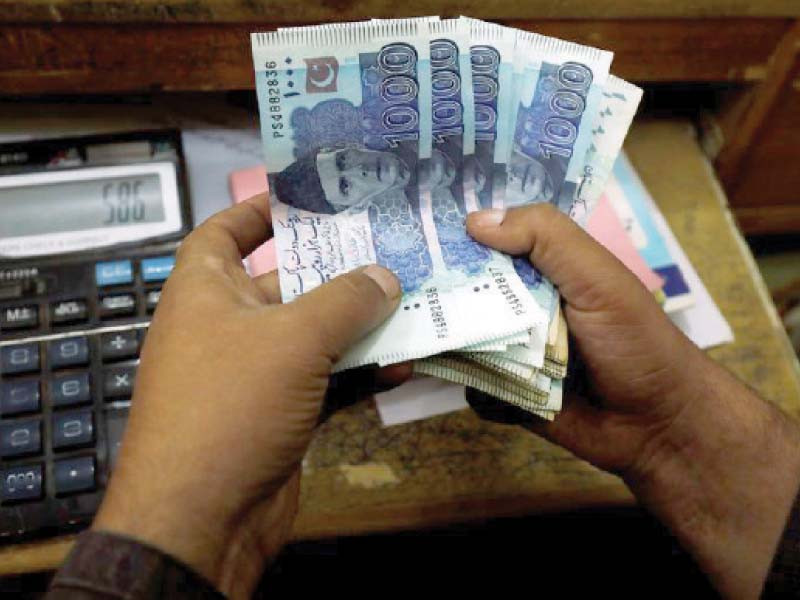
Pakistan’s central bank has not ruled out the possibility of having issued misprinted banknotes of Rs1,000 to commercial banks, which subsequently reached citizens and became part of the currency in circulation, despite a sound system in place to check misprinting.
While speaking to The Express Tribune, a spokesperson for the State Bank of Pakistan (SBP) said on Wednesday that commercial banks and individuals who have received the one-sided printed notes can exchange them at the bank branches where they received the faulty notes. They can also exchange the notes at the designated 16 offices of the central bank nationwide.
Earlier, a one-minute video went viral on Tuesday, showing no printing on the backside of a few Rs1,000 notes. The video maker, who did not appear on camera but identified himself with his voice in the background as a National Bank of Pakistan (NBP) branch manager in Model Colony, Karachi, displayed the misprinted notes in his hand. He stated that they had received fresh currency notes of denominations Rs1,000, Rs500, and Rs5,000, displaying two Rs1,000 notes in his hand which appeared perfect from the front. However, when he turned the notes over, the backside printing was incomplete. He claimed that many packets of the fresh currency notes had already been delivered to customers, expressing unawareness of how many of them were misprinted.
The issue came to light when a customer returned two such notes to the bank. The manager displayed another packet of Rs1,000 notes containing two misprinted notes. He later claimed that every package contained at least two misprinted notes and questioned the situation. When NBP was approached to verify the authenticity of the video, an official stated that the case had been brought to the attention of top management and was under investigation.
Read: SBP achieves 60% financial inclusion
The official expressed surprise that the video surfaced on a public holiday (the first day of Ramazan, Tuesday), claiming that the notes had been received that morning (presumably on the holiday morning) and distributed to the public. He doubted that the video was recorded on another day but surfaced on Tuesday, indicating its authenticity and eliminating the possibility of it being fake.
The SBP official further stated that the issued notes still retained their security features and would be checked by officials at public counters when people came to exchange the misprinted notes. He explained that while the printing press prints millions of notes in one cycle, despite having a robust system in place to double-check the quality and reject misprinted notes, there is still a chance for some misprinted notes to be mistakenly circulated.
A press statement issued by the central bank added that only 10 misprinted notes were issued to NBP’s Model Colony branch. It stated that misprinted banknotes received by the public or commercial banks could be exchanged for fit banknotes at any office of the State Bank of Pakistan Banking Services Corporation (SBP-BSC) across the country under the State Bank of Pakistan (Note Refund) Regulations, 1963.
Large-scale production processes are prone to some imperfections. Therefore, despite all quality checks, some misprinted banknotes may end up with banks or the public. However, such banknotes can be exchanged at SBP-BSC counters, it said. SBP’s printing work, namely Pakistan Security Printing Corporation (PSPC), has a robust quality control system to segregate and prevent the flow of misprinted banknotes into circulation. Although some notes are occasionally misprinted, they are detected through the checks and balances in place. However, no matter how robust and effective a manmade system is, it is still susceptible to a margin of error, whether in developed jurisdictions or elsewhere.
The current case involves the discovery of only ten (10) misprinted banknotes in the consignment of NBP’s Model Colony Branch, which is negligible compared to the total number of notes printed and circulated in the country. Nevertheless, internal controls are being strengthened to prevent such instances from recurring in the future, said the statement.
Published in The Express Tribune, March 14th, 2024.
Like Business on Facebook, follow @TribuneBiz on Twitter to stay informed and join in the conversation.

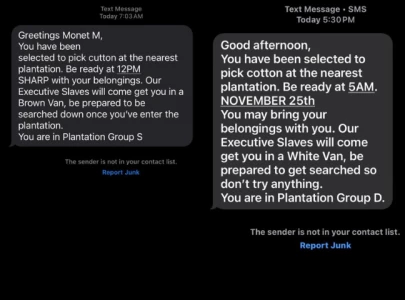


1730959638-0/trump-(19)1730959638-0-165x106.webp)



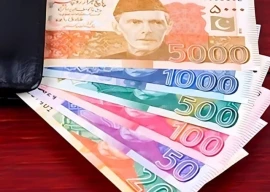



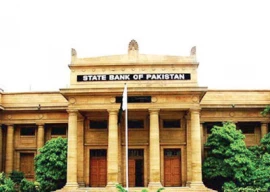

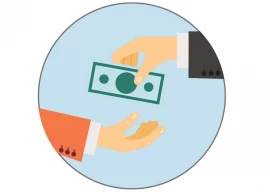






COMMENTS (1)
Comments are moderated and generally will be posted if they are on-topic and not abusive.
For more information, please see our Comments FAQ